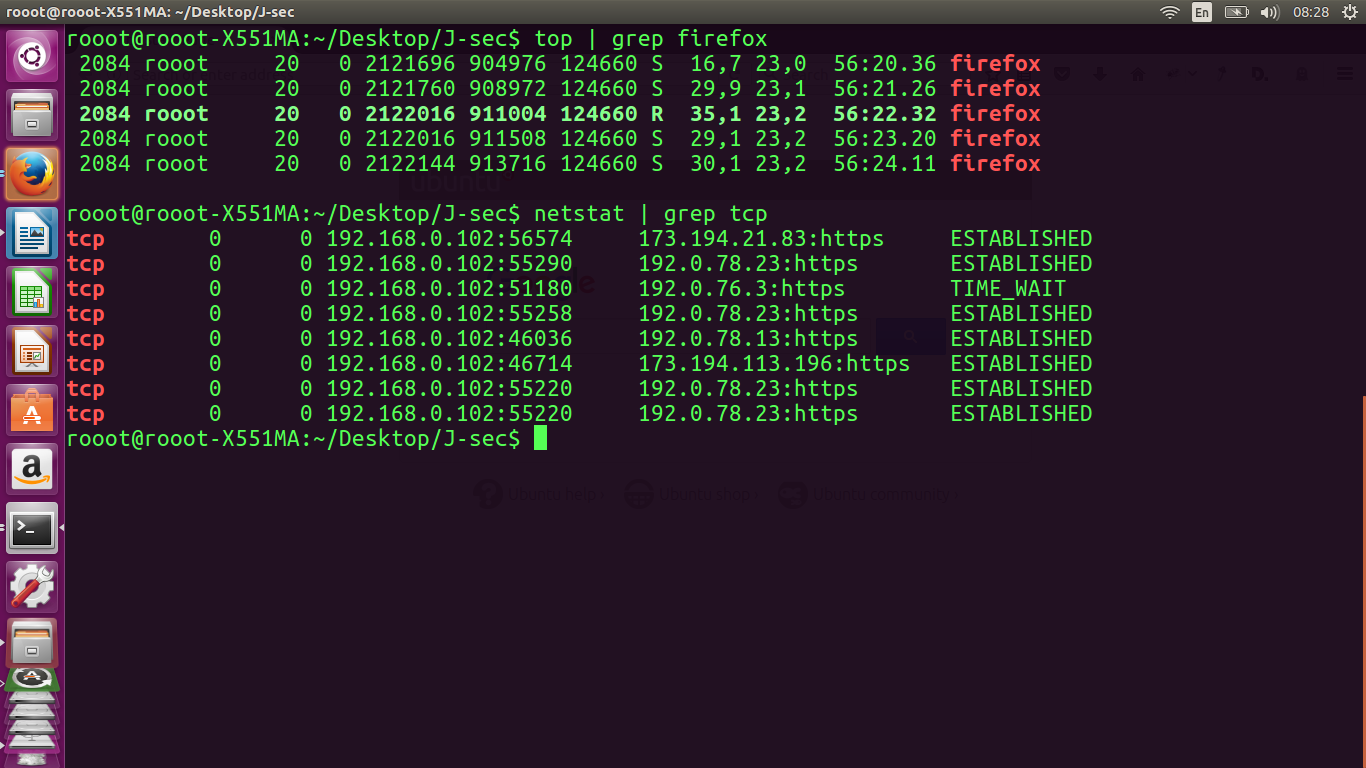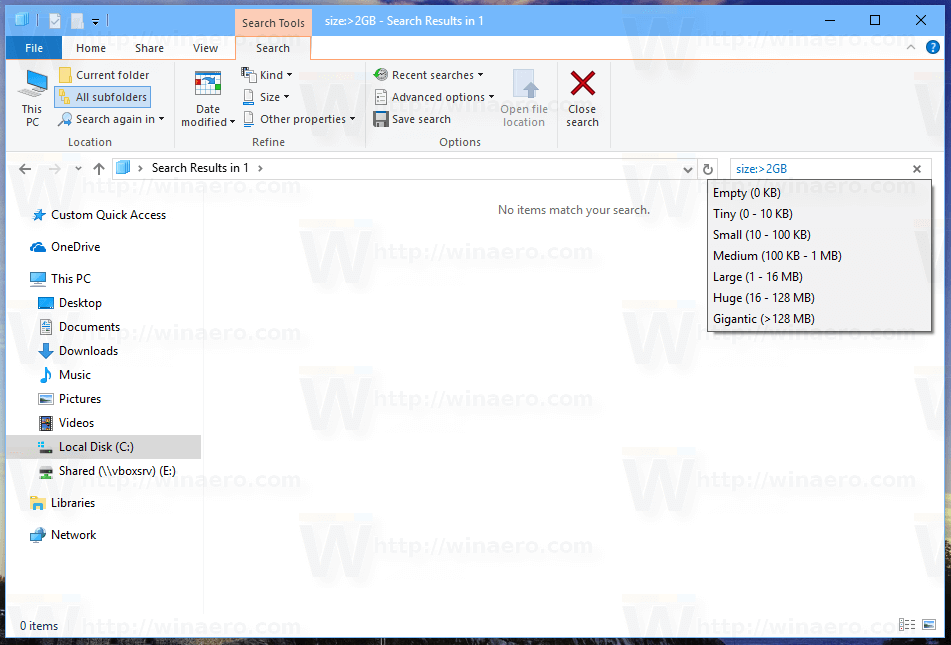

Save your running services into file _services. Findstr: Find Specific String In Files With Windows Command (Grep Alternative) Grep is a command-line option used to find a specific string from inside a file or multiple files or from an output of a command but it can be used only in Linux.

Note: If this policy setting is disabled, the Windows Security app notifies. Disabled: Admin Approval Mode and all related UAC policy settings are disabled. The policy allows the built-in Administrator account and members of the Administrators group to run in Admin Approval Mode. /C:string Uses specified string as a literal search string. Findstr Command Findstr is capable of finding the exact text you are looking for in any ASCII file or files. This policy must be enabled and related UAC settings configured.The dot matches any single character, and the asterisk allows matching the previous character (any character, in this case) any number of times. /F:file Reads file list from the specified file(/ stands for console). 1 Answer Sorted by: 2 findstr supports some simple regular expressions - see the bottom of the output of findstr /./A:attr Specifies color attribute with two hex digits. findstr /c:YourStringHere FileNameHere.txt & Echo TRUE Echo FALSE Compare Two Files.

Findstr windows find file Offline#
/OFF Do not skip files with offline attribute set./P Skip files with non-printable characters./O Prints character offset before each matching line. 4 Answers Sorted by: 8 'findstr' iswhat you are looking for.To search all occurrences of lines that contain the word HELLO, and include the line number where each occurrence is found. /M Prints only the filename if a file contains a match. To search every file in the current directory and all subdirectories that contained the word Table and ignores the case sensitive./N Prints the line number before each line that matches./V Prints only lines that do not contain a match. Manually searching through some text can be a nightmare, but lucky for you, you have the findstr at your fingertips./I Specifies that the search is not to be case-sensitive./S Searches for matching files in the current directory and all subdirectories./R Uses search strings as regular expressions./E Matches pattern if at the end of a line.You can use Select-String similar to grep in UNIX or findstr in Windows. /B Matches pattern if at the beginning of a line. The Select-String cmdlet searches for text and text patterns in input strings and files.filename Specifies a file or files to search.flags This can be any combination of flags described below.įindstr cannot search for null bytes commonly found in Unicode computer files. The findstr program was first released as part of the Windows 2000 Resource Kit under the name qgrep. On the other hand, findstr supports regular expressions, which find does not.
However, while the find command supports UTF-16, findstr does not. The basic syntax is simple findstrThe command sends the specified lines to the standard output device. It is also used to find files with specific text. Find String when put in short became FINDSTR. It is used to search for a specific text string in computer files. FINDSTR is a command used to find specific text in files on Windows. In computing, findstr is a command in the command-line interpreters ( shells) of Microsoft Windows and ReactOS. com /en-us /windows-server /administration /windows-commands /findstr When I replace the first path with " keykey=15310283" *.* >"C:\Users\xxxxx.xxxxxxx \OneDrive - xxxxxxxx xxxxxxxxxxxxx Inc\Documents\_ABC\Logst_search\output.txt"Įventually I want to use this with file collections but when testing I’m getting the same error for this as well.Docs. If I use an explicit path for the first path the command runs ok and I get lines in the output.txt file. The sourcepath$ variable isn’t working with the windows findstr command.


 0 kommentar(er)
0 kommentar(er)
